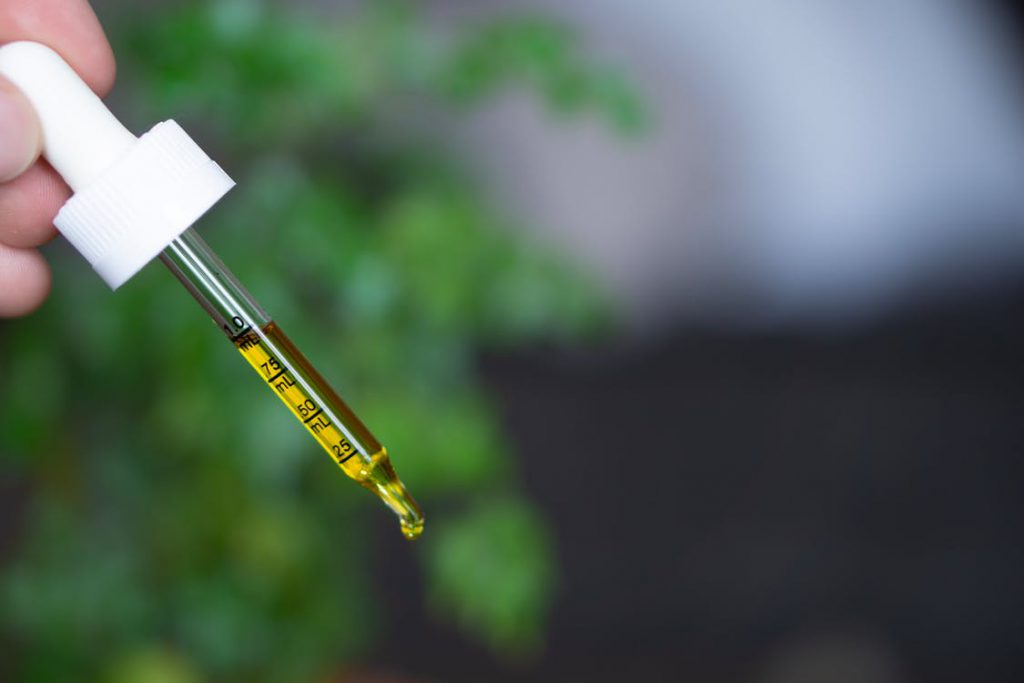
Full-Spectrum, Broad-Spectrum & Isolate CBD: What’s the Difference?
If you have just gotten started in adding CBD into your lifestyle and routine, knowing which product to use and which kind can be a daunting task to some. After all, there had been an exponential growth in the rise of CBD products in the market since hemp was legalized as an agricultural crop under the 2018 United States Farm Bill. CBD has saturated many industries including cosmetics, pet supplies, and pharmaceuticals, just to name a few.
When you go into a store that sells cannabidiol oil, you might get overwhelmed by these tiny bottles that look very similar; but don’t worry, because here’s a beginner’s guide on the three main types of CBD oil: Full-Spectrum, Broad-Spectrum, and Isolate.
Before getting into how they are different from each other, it is important to know the similarities they share first: all three kinds of oil are all derived from hemp. That means they come from cannabis that contains less than 0.3% THC or Tetrahydrocannabinol, which is a psychoactive ingredient. In short, all three types of CBD oil will not get you high.
To give you an overview on the difference among the three types of CBD oil, here’s a brief description for each:
- Full-spectrum CBD oil. This type contains a full range of naturally-occurring compounds from the cannabis plant, including cannabinoids, terpenes, and flavonoids.
- Broad-spectrum CBD oil. This type contains the full range of cannabis compounds minus psychoactive THC (delta-9 tetrahydrocannabinol).
- CBD isolate oil. This contains only CBD and no other compounds
Each type has its own use. To get you started, here’s a rundown on the entire spectrum of oil extracts, from whole-plant to CBD-only.
Full-spectrum CBD
Full-spectrum CBD oil contains a comprehensive range of the compounds found in cannabis, including:
- Cannabinoids. The chemicals that activate the endocannabinoid system in the body
- Terpenes. The aromatic organic hydrocarbons that are found in the essential oils of the cannabis plant
- Flavonoids. The antioxidant chemicals that contribute to the aroma and flavor of cannabis products
The “Entourage Effect”
Terpenes and flavonoids heighten the effects of cannabinoids in what is known as the “entourage effect.” When the entourage effect occurs, all the compounds present in cannabis work with each other to reinforce and balance the effects of CBD.
When you use full-spectrum CBD, you can expect that the compounds in cannabis synergize to give you a better experience. This is why many people prefer full-spectrum CBD over other types.
It is worth noting that full-spectrum CBD can only contain up to 0.3% THC, which is less than the legal limit, so it won’t put you in trouble legally. Moreover, for most adults, <0.3% THC products don’t cause adverse side effects. However, it is possible for that tiny amount of THC to trigger a positive urine drug test, so if you are in no position to take such a risk, you can avoid this type of CBD altogether.
Broad-spectrum CBD
Broad-spectrum CBD contains most of the compounds found in full-spectrum CBD—except for THC. You know by now that full-spectrum extracts can contain up to 0.3% THC and fall within the legal limit. Broad-spectrum CBD oil, on the other hand, doesn’t have any measurable amount of it.
Note that it is always possible for trace amounts of THC to find their way into a finished product, be sure to check individual Certificates of Analysis (CoA) for what you are buying.
CBD Isolate
CBD contains only cannabidiol with nothing else added to it — no other cannabinoids, terpenes, or flavonoids. This is the perfect product for those who want to make sure that they are getting CBD and nothing else.
However, you might not find the benefits that broad-spectrum oil offers in isolates. As mentioned earlier, the “entourage effect” helps you make the most out of your CBD by increasing its impact. With isolate, you cannot expect the same effect as there are no other compounds to trigger it.
This is not to discount the usefulness of isolate; its effects are just different than non-isolate products. If you are looking to get the maximum benefit from CBD without any THC present, then broad-spectrum CBD is the one for you.
See Also – CBD Oil and ADHD – Research and How CBD Works
Author profile:

Heather Smith is the Communications Manager at Sunday Scaries . She’s a composed copywriter and content strategist. She’s also a CBD advocate, promoting a healthy lifestyle free of stress and scaries.
*TotallyADD receives an affiliate benefit from purchases made through links in this blog to Sunday Scaries
Studies
Cannabidiol (CBD) in cannabis does not impair driving, landmark study shows
